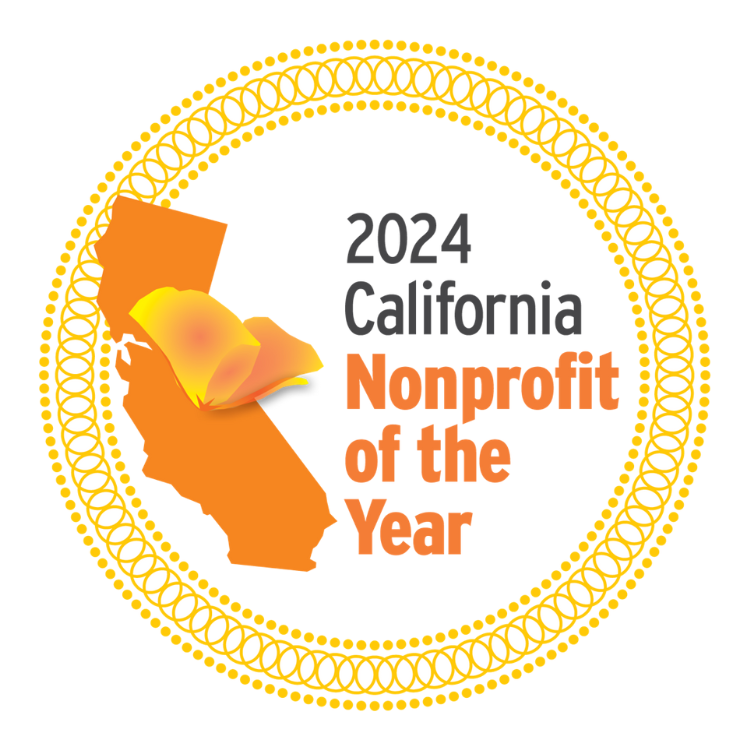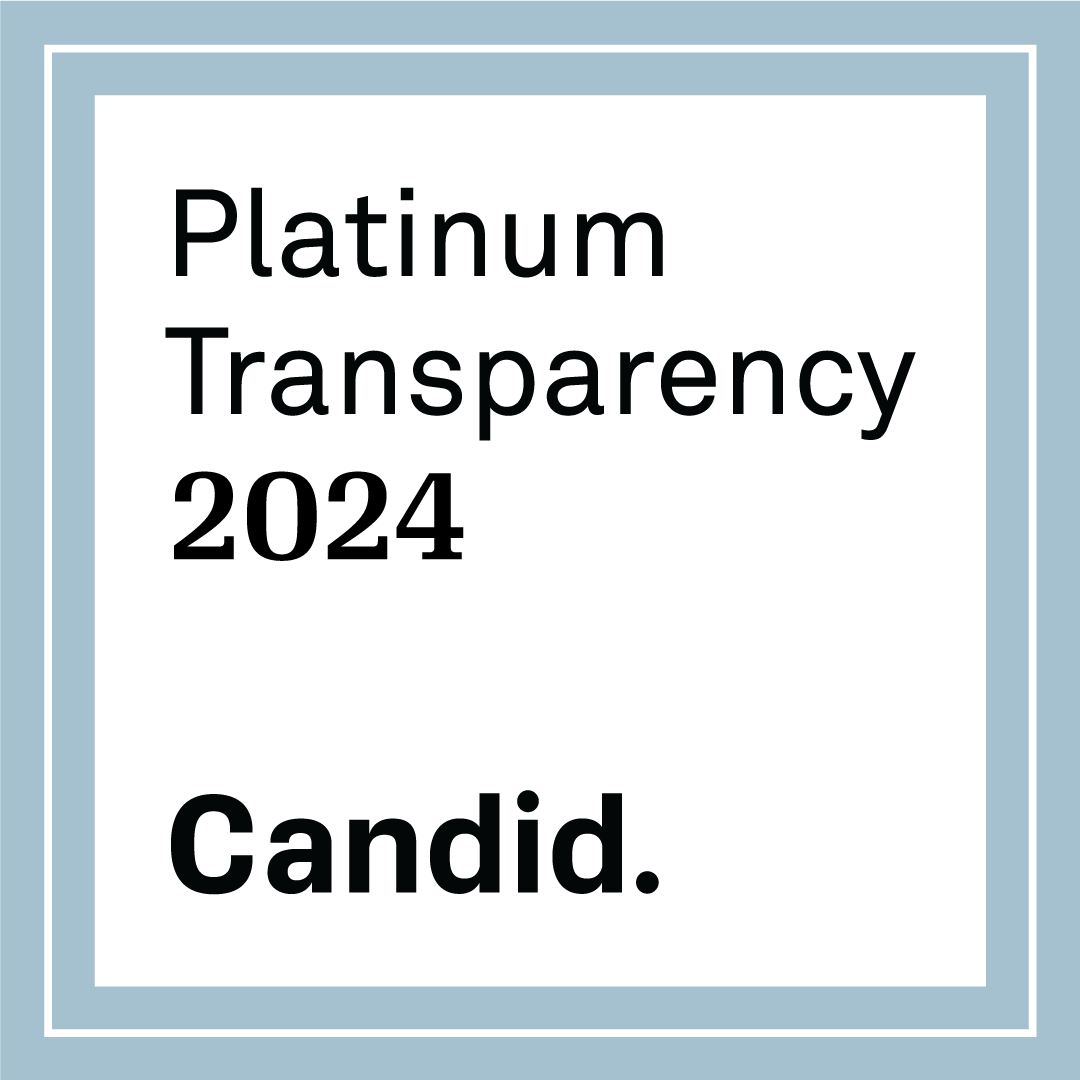Coastkeeper Says Irvine Ranch Water District Reveals Additional Threats from Proposed Desalination Plant
Concerns escalate following news of San Diego’s expensive, unused desalination water dumped into reservoirs ORANGE COUNTY – February 16, 2016 – In light of a new model revealed last week by the Irvine Ranch Water District, Orange County Coastkeeper says that the Orange County Water District’s distribution plans for desalinated water from Poseidon’s proposed Huntington Beach desalination plant will degrade groundwater and trigger additional costs.
The water protection nonprofit says that a salt management model developed by the Irvine Ranch Water District revealed that if the desalination plant comes online and desalinated water with high levels of salt is injected into the Orange County Basin, the Irvine Ranch Water District would be forced to invest in salt removal treatment facilities at Michelson Water Recycling Plant — an additional cost to ratepayers.
“Orange County Water District would need to store the excess desalinated water in our aquifers, where it would degrade our high quality groundwater. Then, we would have to pay to pump the desalinated water back out and retreat it, along with treating the groundwater impacted by the desalinated water,” says Coastkeeper Executive Director Garry Brown. “Treating and retreating water unnecessarily is inefficient and expensive. Let’s not make the same costly mistake as San Diego, where they are throwing taxpayer money down the drain due to oversupply of water triggered by the Carlsbad desalination plant.”
The Voice of San Diego recently reported that the San Diego Water Authority dumped a half billion gallons of costly drinking water into a lake near Chula Vista, including water from the Carlsbad desalination plant.
“Ratepayers will now have to shell out an additional quarter-million dollars to retreat the water so it’s again fit for human consumption,” says Ry Rivard, San Diego land and water use reporter. “Several factors are causing the bizarre outcome: stubborn water politics, pipeline physics, unexpectedly low demand and the restrictive terms of a contract the County Water Authority signed with water desalination company Poseidon Resources.”
Coastkeeper says it’s no wonder both Orange County Water District and the San Diego Water Authority are the primary two districts fighting continued statewide water conservation regulations. They are inundated with the most expensive water in the State; Poseidon’s desalinated water.
The recent news from San Diego contradicts the claims that Poseidon Water Vice President Scott Maloni made at the February 3 Orange County Water District meeting. Maloni was quoted as saying that, “just last week the [San Diego] Water Authority called us and asked us to ramp up our capacity to 54 million gallons per day, which is the maximum capacity of the plant. Despite some of the comments you heard tonight about water not being used or not being needed, that is not the case.”
Coastkeeper urges Orange County residents to look at the facts and consider the economic and environmental impacts that will directly impact Orange County on top of the precedent this plant would set for the rest of California.
“Let’s set the right example for the rest of California. Spending our money wisely today benefits our residents, families and future generations,” says Brown. “If we continue to conserve and utilize sustainable innovations, then water reliability isn’t an issue.”
Coastkeeper believes Orange County should apply the strategic and innovative tactics it’s known for to the region’s water supply options. Conservation, wastewater recycling (expansion of GWRS) and stormwater capture are better for the environment, use less energy and are cost effective.
For more information, read this story on the truth about the Huntington Beach desalination plant.
ORANGE COUNTY COASTKEEPER: Orange County Coastkeeper is a member of the International Waterkeeper Alliance, which has 236 different independent programs across 29 countries. Founded in 1999, the mission of Coastkeeper is to protect and promote sustainable water resources that are swimmable, drinkable, and fishable. Coastkeeper is a nonprofit clean water organization that serves as a proactive steward of our fresh- and saltwater ecosystems. We work collaboratively with diverse groups in the public and private sectors to achieve healthy, accessible, and sustainable water resources for the region. We implement innovative, effective programs in education, advocacy, restoration, research, enforcement, and conservation. For more information, visit www.coastkeeper.org or call 714-850-1965.






